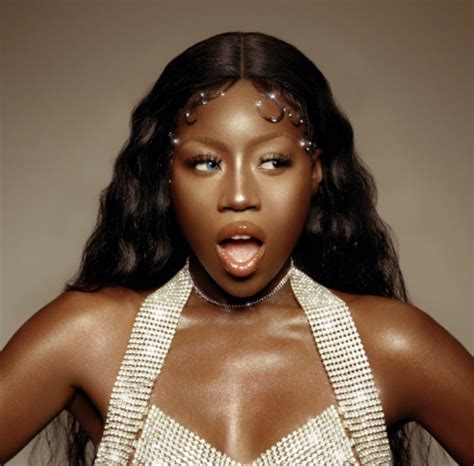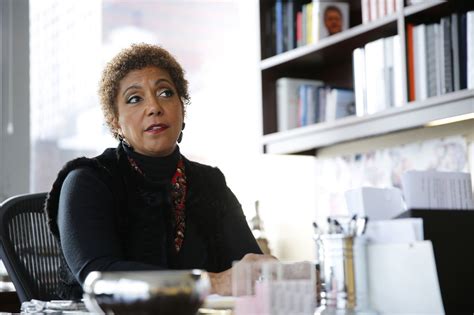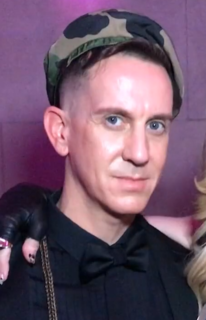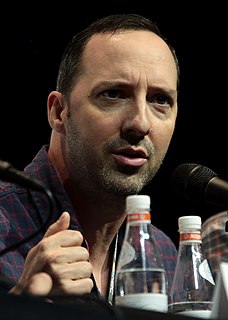A Quote by M.I.A.
Basically, when I went to school in Sri Lanka from age five onward, the classes there were sometimes sorted into a hierarchy of your skin tone. So the fairer-skinned kids sat at the front row, and the darker-skinned kids sat at the back by the poor ones who played out in the street all day long.
Related Quotes
They couldn't have a little kid occupying an important spot on the front row, so I sat in the back where all the models changed clothes. I remember vividly the rustling and the rush of the fabrics of the clothes and the swoosh of textures and color as they went by. I was in the back, but I had a front-row seat, in my opinion.
My nana was always a widow as long as I was alive; my grandfather died before I was born. All the women on my street - there were four houses in a row with all old women who lived alone who were widowed. They all had kids, but they were all widowed. My mom didn't put me in preschool; I didn't know that was a thing. I just hung out with these women all day.
He likes a day in the studio to end, he says, "when my knees are all skinned up and my pants are wet and my hair's off to one side and I feel like I've been in the foxhole all day. I don't think comfort is good for music. It's good to come out with skinned knuckles after wrestling with something you can't see. I like it when you come home at the end of the day from recording and someone says, "What happened to your hand?" And you don't even know. When you're in that place, you can dance on a broken ankle.
I was on a panel with light skinned Blacks and a famous gay science fiction writer, who were complaining about how Blacks are against gays and light skinned Blacks and how intolerant Blacks are of different groups. My position was that Blacks were among the most humanistic, tolerant groups in the country and that across the street from my house in Oakland was one inhabited by White gays.




































